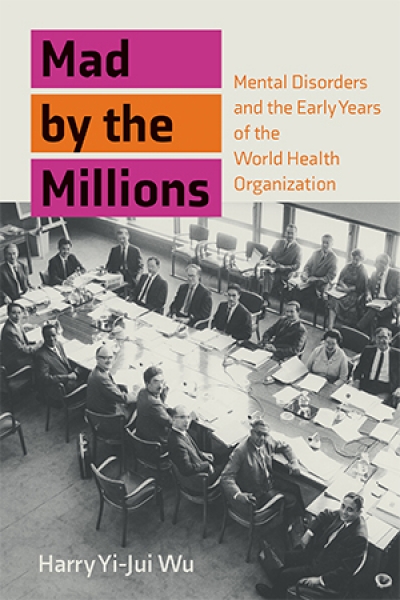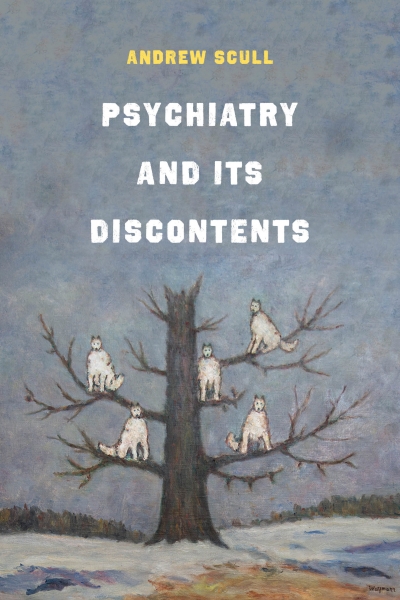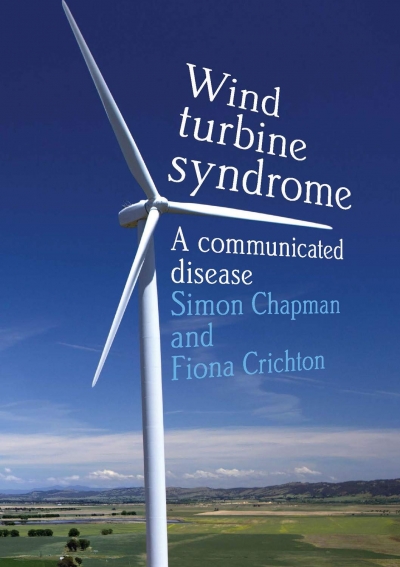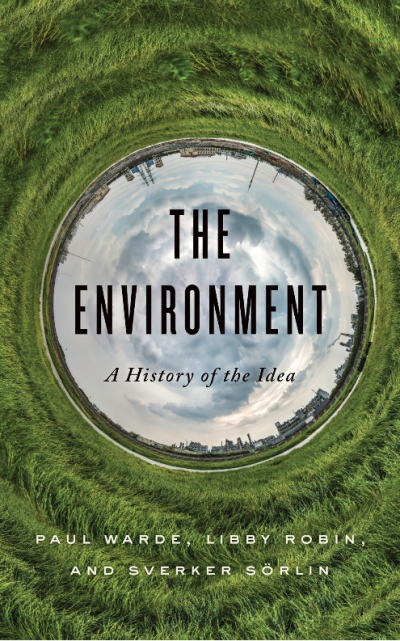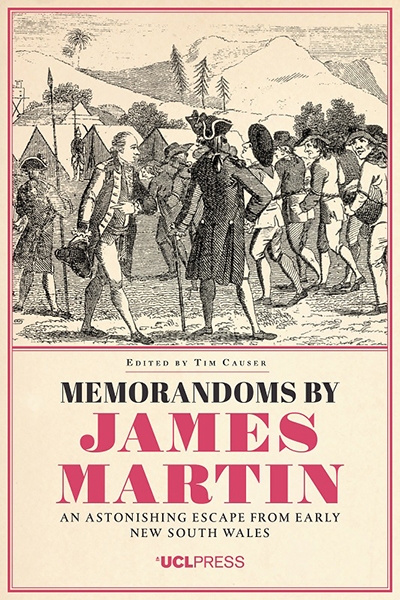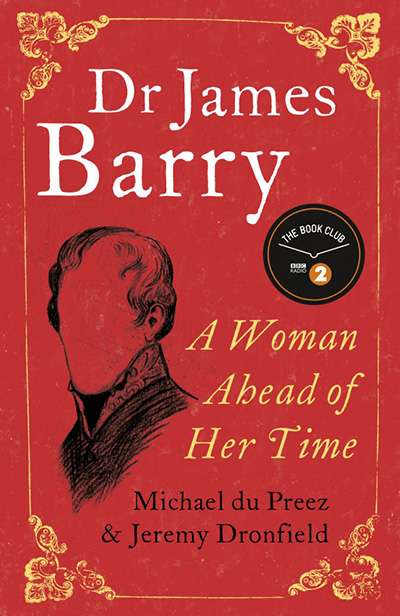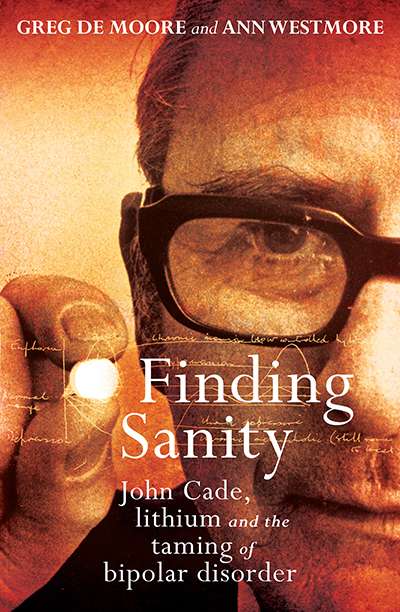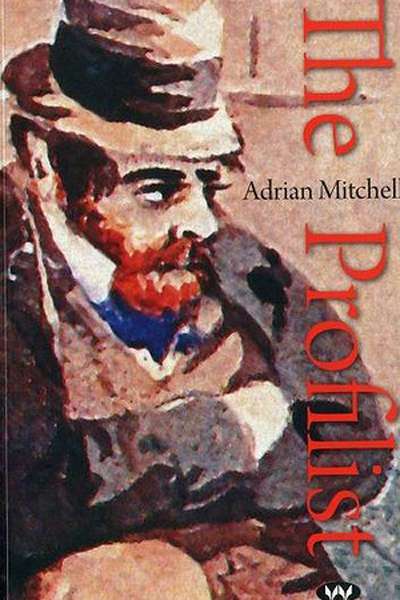James Dunk

James Dunk is a historian and writer living in Sydney, on Wangal country. His latest book, Bedlam at Botany Bay, was published by NewSouth in June.
World War II drew the still-marginal profession of psychiatry into the war effort, with psychiatrists screening recruits for mental disorders and predisposing histories. Trauma, or the fear of trauma, hovered. But after treaties were signed and soldiers returned to their loved ones, and the memory of war faded for those not condemned to be visited by it daily, what role was psychiatry to play? In ... (read more)
Madness ‘haunts all of our imaginations’, writes Andrew Scull in Psychiatry and Its Discontents, but it is more than a nightmare. Each year, one in five Australians will experience mental illness, according to the Black Dog Institute, and the World Health Organization warns that one in four globally will experience a mental or neurological disorder during their lifetime. The essays gathered he ... (read more)
‘Climate change is coming,’ fourth-generation farmer Charlie Prell told an Independent Planning Commission hearing on a proposed expansion of the windfarm near his Crookwell property on 6 June 2019. He and his family constantly hear the noise of the turbines spinning five hundred metres away, generating electricity. They hear the sounds of traffic from the road, the sheep and cattle on the far ... (read more)
On 6 October 2018 the Intergovernmental Panel on Climate Change (IPCC) released a report warning of the dangers of surpassing a 1.5° Celsius rise from pre-industrial levels in average global temperatures. They are many, and dire. To halt at 1.5°, carbon emissions need to fall by forty per cent globally by 2030, and reach net zero by 2050. There had been other reports, but this one, according to ... (read more)
In 1784 William Bryant was sentenced, rather optimistically, to be transported to the American colonies. Britain had just lost the War of Independence; Bryant thus languished in a hulk in Portsmouth while Britain adjusted to the loss. This meant that when he finally arrived in New South Wales with the First Fleet, Bryant’s sentence was set to expire in just three years. Perhaps he did not trust ... (read more)
Martin Zandvliet’s Land of Mine is unsettling from the very outset. During the credits a recurring sound becomes audible, then consuming: the sound of heavy, ragged breathing. Sergeant Carl Rasmussen, sitting in Danish army fatigues and a maroon beret, he is watching a column of grim-faced German prisoners of war. Inscrutable, he drives past soldiers, then stops and throws his jeep into reverse. ... (read more)
‘The devil! It’s a woman!’ exclaimed a charwoman as she laid out the naked body of James Barry, MD, for burial. Seventy-six years earlier, Barry had been born Margaret Bulkley in a struggling Irish merchant family. After taking her uncle’s name and expending his estate on medical school, Margaret acted the part of a man for six decades.
The life she enjoyed as a man was breathtaking. She ... (read more)
Edward sits on Sydney Harbour Bridge, considering jumping. It is 1948, and he has written several times to George VI about building a new naval base in the waters below, and not hearing back, begun to build it himself. Edward was manic depressive, suffering from what is now called bipolar disorder. Greg de Moore and Ann Westmore begin their book Finding Sanity: John Cade, lithium and the taming of ... (read more)
'Everything is so sedate you could weep for vexation.' The first novel of literary academic Adrian Mitchell is a strange one. It is a fictional memoir that aims to inhabit the imagined world of the colonial artist S.T. Gill. This is a conceit that should free the narrative from the mundane, but The Profilist is a study in the ordinary.
The novel is narrated by Ethan Dibble, an imaginary artist st ... (read more)

